This is not a review of Robot & Frank, an enjoyable film. This is about the future Robot & Frank imagines.
One critic does write specifically about the future imagined.
Joshua Topolsky at The Verge summed up his opinion in the last paragraph of his review:
“It’s also one of the few movies I’ve seen where the future is not a dystopic nightmare, 3D-generated phantasmagoria, or otherwise unbelievable peek into a not-too-distant hellworld. It’s future that seems real, palpable, and just around the corner — one where we have to figure out not just what our technology will do to us, but what it will mean to us.”
But Topolsky is wrong. Let’s be clear: I’m bias. My job as a criminal justice reporter for a weekly newspaper in a small community means I’m more aware of what police may be able to do, and what they may not be able to do and when they’re violating somebody’s rights.
Very few, if any, of the critics I read picked up on the fascist state director Jake Schreier and writers Christopher D. and Christopher Paul Ford conjured up. It is, I imagine, the result of a creeping fascist state.
The main character, Frank (played by Frank Langella) is a retired cat burglar with varying degrees of dementia. His son gets him a robot to take care of him and the robot’s main directive appears to be Frank’s health, even if that means helping and allowing him to commit burglary, something that engages him intellectually.
(Far more than the robot’s love, gardening.)
And here is where the fascist state begins to show itself: the sheriff is friends with the new owner of the library, which has destroyed all its physical copies of books except for a few special bound copies kept under lock and key.
Spoiler alert: Frank and the robot break in to the library and steal the book. Frank leaves his reading glasses at the library. After the theft, when he goes to a gala at the new library, devoid of books, with the librarian, the new owner of the non-profit that bought it points Frank out to a man we will learn is the sheriff and asks Frank about his criminal record. He then tells Frank not to come back to the library.
While this might not be a hellscape, fascist qualities begin to seep in. The library, a thing normally owned and operated by the government and for the people (which means no one can be banned without very good cause and, possibly, a court order) is bought by a non-profit which immediately begins to use its power to exclude people with criminal records. Having been convicted of a crime in the past is now a right and true basis for exclusion, as well as a further curtailment of your rights because having broken “the law” equates to probable cause.
Because your criminal record, in Schreier’s future, is enough to have you banned from a library and marked for harassment. For a man with dementia, none the less. (Frank was only convicted of tax evasion and another small, non-violent crime.)
Frank wants to get revenge on that damn yuppie and he has the sheriff, his friend, take him to Frank’s house (the robot lets them in) and take them to the back porch. There, the yuppie accuses Frank of stealing from his safe, and are finally told to leave.
(Most police are like vampires: they have to be invited in to private property and that consent can be rescinded. Once it is, or if it’s never granted, a warrant is almost always required for them to get into the property.)
Later, the cops start to stake out Frank’s house (apparently, with the victim). Eventually, they mount a raid and search a car without a warrant, and then his home, without a warrant, with the victim of the theft.
I love it! Warrantless searches. It’s like the county sheriff has become the NSA.
It’s not a hellscape, but, much like Fort Lauderdale, Florida, it’s not a place where I want to live.


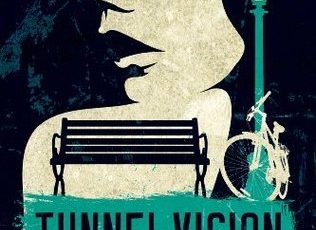

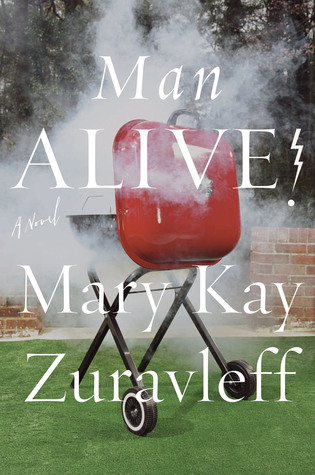 In the end, I just don’t care that much about the characters, or maybe, I stopped caring.
In the end, I just don’t care that much about the characters, or maybe, I stopped caring.
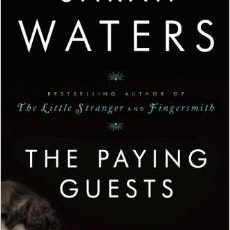
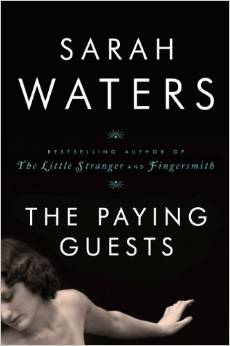 Any real plot developments in The Paying Guests are overshadowed by the endless parade of bloated thoughts from the narrator. The bloated thoughts aren’t interesting or engaging. Rather, they’re pointless drivel.
Any real plot developments in The Paying Guests are overshadowed by the endless parade of bloated thoughts from the narrator. The bloated thoughts aren’t interesting or engaging. Rather, they’re pointless drivel.

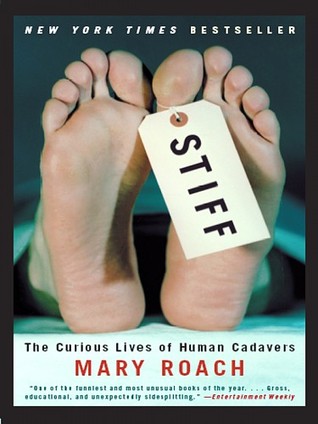 Once the first hole is poked in Roach’s credibility, I have no faith that her work is not riddled with holes.
Once the first hole is poked in Roach’s credibility, I have no faith that her work is not riddled with holes.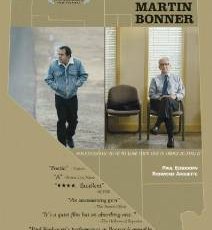

 Project Pope, while enjoyable, plods all the way to its final moments, which plods itself.
Project Pope, while enjoyable, plods all the way to its final moments, which plods itself.